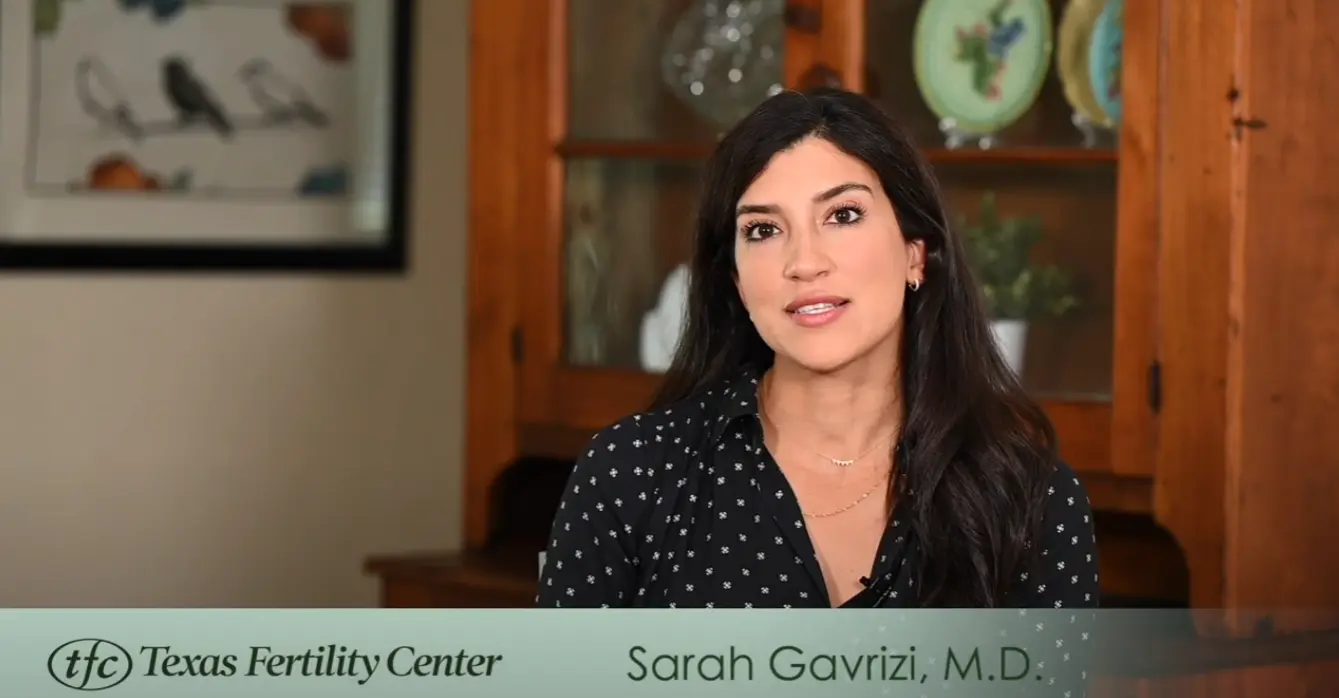
Research is exploring how DHEA for fertility could help with decreased ovarian reserve
Patients often ask the team at our Austin infertility center whether a fertility supplement can help them conceive. However, most supplements have no research supporting their effectiveness. Others can even negatively affect fertility treatments. Many women have questions about DHEA for fertility. Specifically, they want to know if it could help women who have a diminished egg supply (ovarian reserve).
The link between age and female fertility
When it comes to female infertility, decreased ovarian reserve is one of the most difficult issues to treat. As a woman ages, the number and quality of her eggs decrease. This can be a problem for women who want to conceive in their mid-30s to 40s, because a woman’s body will not make more eggs.
Until recently, IVF and donor eggs were the only fertility treatments available for women with poor egg quality. However, new research into DHEA for fertility is making more patients ask our Austin infertility center team whether they should be taking this supplement.
What is DHEA for fertility and does it work?
DHEA stands for dehydroepiandrosterone, which is a hormone that the adrenal glands produce. Researchers don’t know everything about this hormone, but they do know that it is a precursor. A precursor is a substance the body converts into sex hormones, including estrogen and testosterone. For most women and men, DHEA peaks in the mid-20s and then slowly declines over time.
Some researchers believe that taking this hormone in supplement form (typically made from soy or wild yams) can improve fertility in women. One study examined how taking this fertility supplement affected the pregnancy rates of patients who had previous IVF cycle failure due to poor egg quality. The results showed that women who took DHEA for fertility had a higher chance of having a live birth than patients who did not use this supplement. The researchers couldn’t identify how this hormone led to improved pregnancy and birth rates.
However, researchers stress that we need more studies before suggesting DHEA is an effective treatment for female infertility. Contact our Austin infertility center if you would like to learn more about female fertility supplements.













